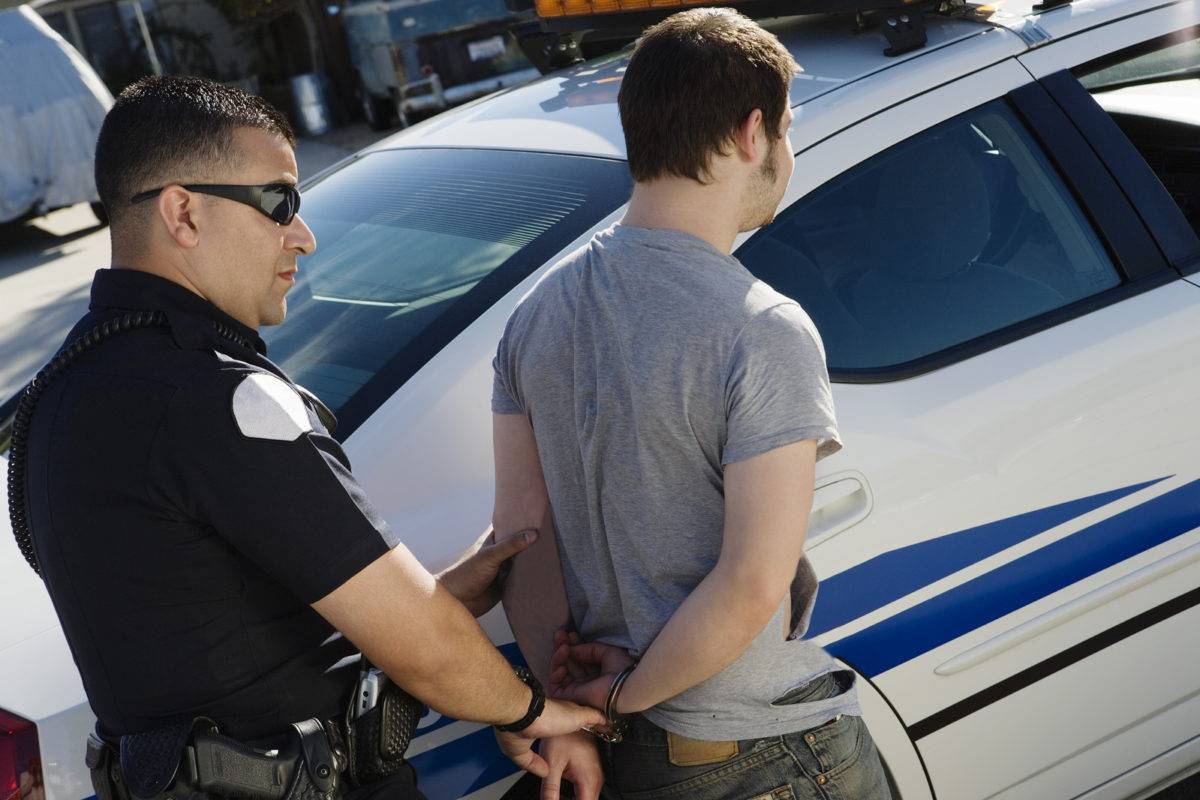The First District Court of Appeal, Division Three, Matteo v. DMV (Case No. A130542) – an appeal from a trial court order directing petitioner California State Department of Motor Vehicles (DMV) to grant respondent Matteo a restricted drivers license based upon his compliance with Vehicle Code section 13352, subdivision (a)(3), as amended effective July 1, 2010, a date occurring after Matteo’s commission of a drunk driving offense but before his conviction for the offense. The DMV contended the order was based on an illegal retroactive application of section 13352, subdivision (a)(3), requiring reversal. First District Court of Appeal, Division Three disagreed and affirmed.
Matteo had 3 convictions of driving under the influence (DUI) pursuant to section 23152, subdivision (a) – on December 24, 1990; December 13, 2007; and July 15, 2010. The July 15, 2010 conviction stemmed from an offense committed by Matteo on February 23, 2010, involving a multiple-point collision. Because this was Matteo’s second DUI offense in 10 years, he was deemed a second-time offender subject to certain legal requirements, including a one-year license suspension under section 13353.2.
After the DMV suspended his license for one year pursuant to section 13353.2, Matteo requested an Administrative Per Se (APS) hearing, which was held June 9, 2010. On June 15, 2010, Matteo entered a nolo contendre plea in court. A few weeks later, on July 8, 2010, the DMV mailed to Matteo its written decision upholding the administrative suspension effective as of the June 9, 2010 hearing date. 2 On July 15, 2010, pursuant to Matteo’s plea, the trial court, among other things, ordered him to install an ignition interlock device (IID) in his vehicle for at least one year.
The trial court’s order to convict Matteo was entered shortly after the July 1, 2010 effective date of the amendment to section 13352, subdivision (a)(3), the statutory provision at the center of this dispute.Under this amendment, second-time DUIoffenders (alcohol only) could apply to the DMV for a restricted license after only 90 days of suspension if they accomplished each of the following: (1) enrolled in an 18-month DUI program; (2) provided proof of financial responsibility in the form of an SR-22 certificate of insurance; and (3) provided proof of installment of an IID in his or her vehicle. In this case, Matteo appears to have met these requirements. As such, on September 7, 2010, after serving a 90-day suspension, Matteo applied in person at a DMV field office for an IID-restricted license. However, Matteo was told by a DMV official he was ineligible for such license until at least June 8, 2011, because the version of section 13352, subdivision (a)(3), in effect on February 23, 2010, the date he committed the relevant DUI offense, required a one-year suspension. This action by the DMV official was, in turn, consistent with the DMV‟s statewide policy to apply the amended version of section 13352, subdivision (a)(3) only to drivers committing a DUI offense after the amendment’s July 1, 2010 effective date.
On September 13, 2010, Matteo filed a petition for writ of mandamus (writ petition) in superior court challenging the DMV’s refusal to grant him an IID-restricted license. The same day, the trial court issued an alternative writ of mandate; order to show cause. On October 28, 2010, following a contested hearing, the trial court granted Matteo’s writ petition and ordered the DMV to grant Matteo the restricted license.The trial court reasoned that under In re Estrada (1965) 63 Cal.2d 740 and People v. Durbin (1966) 64 Cal.2d 474, Matteo was entitled to the benefit of a statutory decrease in punishment in effect at the time of his conviction.In addition, the court found that the legislative history of the amended version of section 13352, subdivision (a)(3) reflects a clear intent that the statute apply broadly to “as many persons as constitutionally permissible.”
On appeal, the court held that under the newly amended section 13352, subdivision (a)(3), the DMV was required to inform Matteo of his right to apply for a restricted license based upon his compliance with the statute’s new procedural requirements. Granting Matteo the right, if he so chooses, to apply for a restricted license after meeting certain preconditions clearly is not a sanction. Nor does it change the legal consequences of Matteo’s past conduct by imposing new or different liabilities based upon such conduct or substantially affect his existing rights and obligations. In fact, the statute does not change the underlying punishment for second-time DUI offenders. Before and after Matteo’s February 2010 offense, he, like other second-time DUI offenders (alcohol only), faces a two-year license suspension. (§ 13352, subd. (a)(3).) The change – permitting Matteo and other similarly-situated DUI offenders to apply for the new restricted license after a 90-day suspension and proof of compliance with certain conditions rather than after a 12-month suspension – is more aptly described as a change in the rules for administering license suspensions rather than imposition of new or different liabilities for committing the underlying criminal conduct. Appeals court rejected the DMV’s claim that applying the newly enacted section 13352, subdivision (a)(3) to Matteo was impermissibly retroactive. The trial court order thus stands.
If you are your loved one is facing DUI charges, you must contact the DUI lawyers of Wallin & Klarich at (877) 4-NO-JAIL or (877) 466-5245. With over 30 years of legal experience, we have defended thousands of clients accused of DUI charges. With offices in San Bernardino, Riverside, Los Angeles, Ventura and Orange County, we can defend you in any court. Call us now, we will be there when you call.


